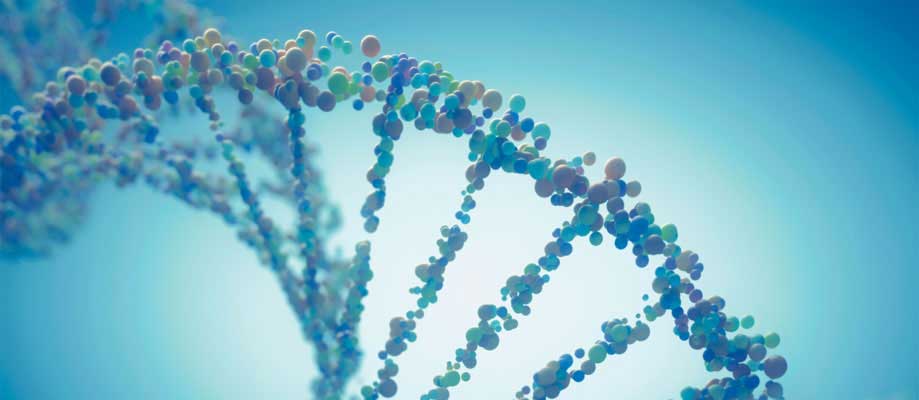
AMPIGENE® PCR Solutions
Scientists Enabling Healthcare™

Advanced PCR Technology Built on a History of Innovation
Established in 1976, Enzo focuses on developing innovative products and services for improving human healthcare through basic research, drug development, and patient care. Enzo remains at the forefront of target amplification technologies critical in the detection of infectious agents, cancer markers, and genotyping, which opened the door for many of the well-known molecular diagnostics assays in use today.
Enzo’s AMPIPROBE® platform and quality critical reagents enabled rapid response to the SARS-CoV-2 pandemic. We used our expertise to expand our AMPIPROBE® portfolio with additional critical targets. All our AMPIPROBE® products use our innovative AMPIGENE® technology.
Advanced AMPIGENE® PCR Solutions to Cover Your Workflow

|
|
Our AMPIGENE® PCR Solutions use the latest polymerase technology and buffer chemistry to enable consistent PCR performance.
Advanced PCR technology
AMPIGENE® PCR products use the latest polymerase technology and buffer chemistry to improve PCR performance.
- Suitable for unprocessed sample
- Custom and bulk options available
|
Bulk Productions Services
Our manufacturing capabilities support large-scale diagnostic services.
Let us support yours.
PCR Offering
A product for All of your Applications

AMPIGENE® Taq DNA Polymerase
AMPIGENE® Hot Start Taq DNA Polymerase
AMPIGENE® High Fidelity Polymerase
AMPIGENE® Hot Start High Fidelity Polymerase
|
|

AMPIGENE® qPCR Green Mix
AMPIGENE® qPCR Probe Mixes
|
|

AMPIGENE® Isothermal Amplification Bst Polymerases and Mixes
AMPIGENE® Lyo-Probe Kits
|

gDNA Removal Kit
PCR Decontamination Kit
PCR & Gel Clean-up Columns
|
|

AMPIGENE® RNase Inhibitor
AMPIGENE® Reverse Transcriptase
|
|
|
Do you have project involving
industrial scale PCR?
Contact Us Today.
Please fill the form below










